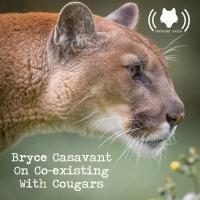
Bryce Casavant On Co-existing With Cougars (530)
Are media reports of fearless predators accurate, or can we co-exist with cougars? Bryce Casavant joins Defender Radio podcast to explain how we can live alongside Canada’s big cats!

Are media reports of fearless predators accurate, or can we co-exist with cougars? Bryce Casavant joins Defender Radio podcast to explain how we can live alongside Canada’s big cats!
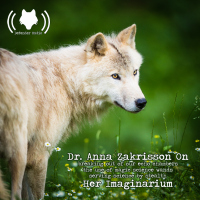
Scihard with Dr. Anna Zakrisson and learn what science literacy is, how to separate the good from the bad, and a whole lot more on this episode of Defender Radio!
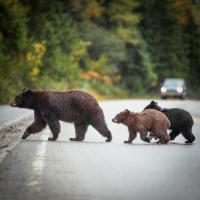
Government website open for commenting by residents on a variety of wildlife and habitat related issues.
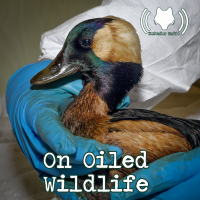
Oil spills in the ocean or at a gas station can be hazardous to wildlife. Find out more about what goes into cleaning and returning animals to the wild on this episode!
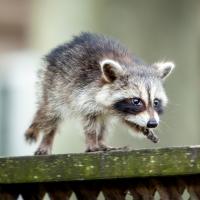
Animals in the spring often need help – but it’s best not to be too hands on. Here’s some great ways you can still help!

Fireworks on the May 2-4 weekend are a tradition – but they can create hazardous situations for wildlife and pets. Read our guide to keeping animals safe!
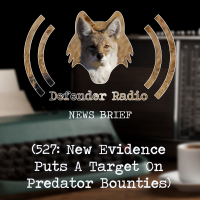
A new study shows that livestock isn’t a food source for coyotes and wolves in Alberta and calls for an end to bounties. Get the facts in five with this news brief!
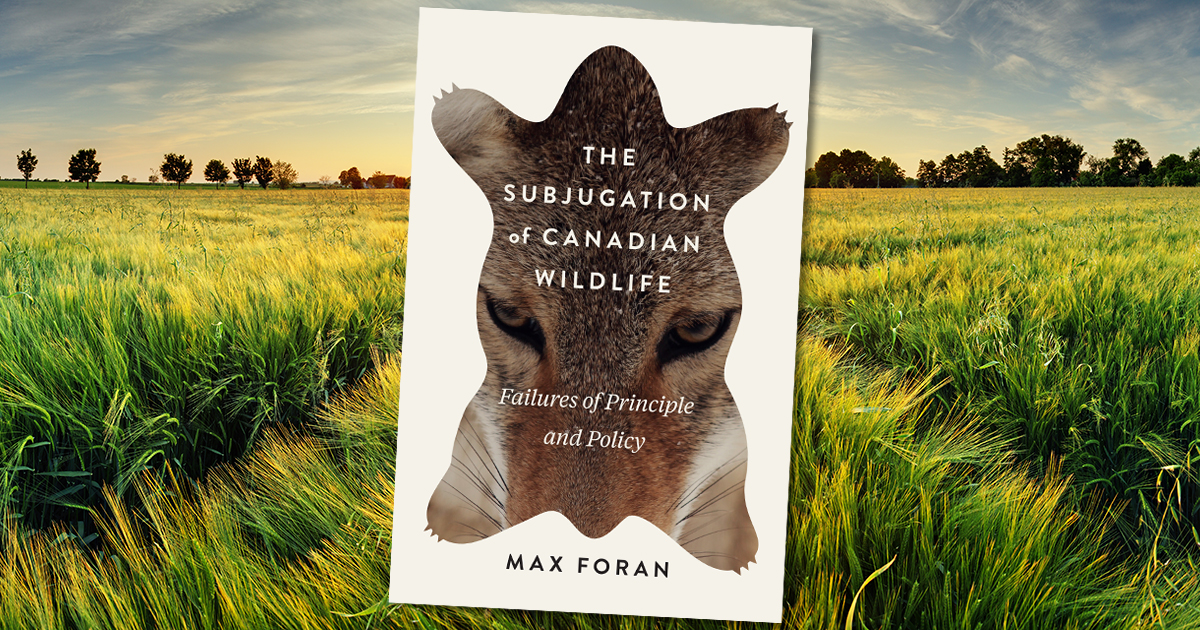
Dr. Max Foran takes on the history, establishment, and politics of wildlife policy and challenges the status quo.

Foxes, coyotes, raccoons, and other animals may be looking for new places to live in the spring and summer.
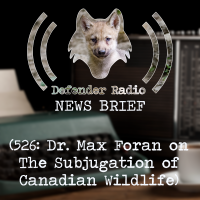
Dr. Max Foran challenges the philosophy, history, and practices of wildlife management in Canada with his new book The Subjugation of Canadian Wildlife. Hear more in five with this news brief!
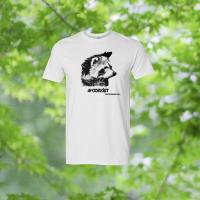
The unveiling of our new spring t-shirt design, submitted by a supporter! Order yours now and help communities co-exist with wildlife!
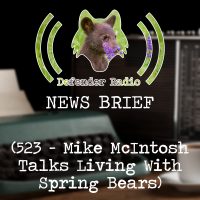
Spring bears aren’t going mad with hunger, they’re going to remember the last place they found a delicious snack, and they can be rehabilitated. Get it in five with the Defender Radio News Brief!
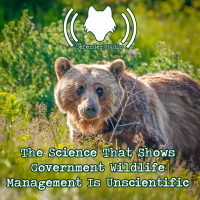
Dr. Kyle Artelle explains why so few of 667 examined wildlife management plans fail to meet his team’s scientific criteria – and what that means for the animals.
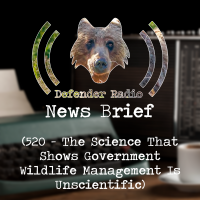
Wildlife management plans claim to be science based, but a new study shows that may not be true. Hear it in 5-minutes with this Defender Radio News Brief!
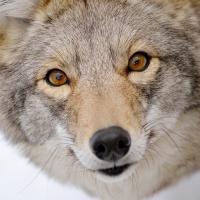
Use our one-click letter/petition to tell the City ofMontréal that co-existence is the ethical, humane, and effective choice to preventing or mitigating conflict!
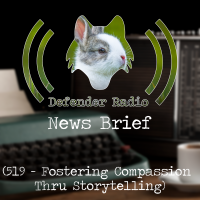
The Gryphon Press is printing books to help children be more compassionate and learn about important issues facing dogs, cats, wildlife and other animals! Get it in five with this Defender Radio News Brief!
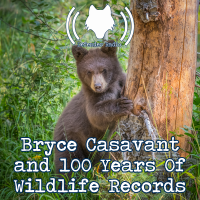
Bear saviour Bryce Casavant goes in-depth with Defender Radio on his new research, examining 100 years of wildlife enforcement records in BC to improve policy and public trust.

Get your vote in and let us know which of these submitted designs you want to see on our new t-shirt!

The Canada Revenue Agency contacted The Fur-Bearers forspeaking out against the fur trade. Their message was simple: stop or we’ll revoke your status.

The BC SPCA is helping residents and building managers find humane wildlife removal options with the launch of AnimalKind. Find out how this will save lives on Defender Radio!
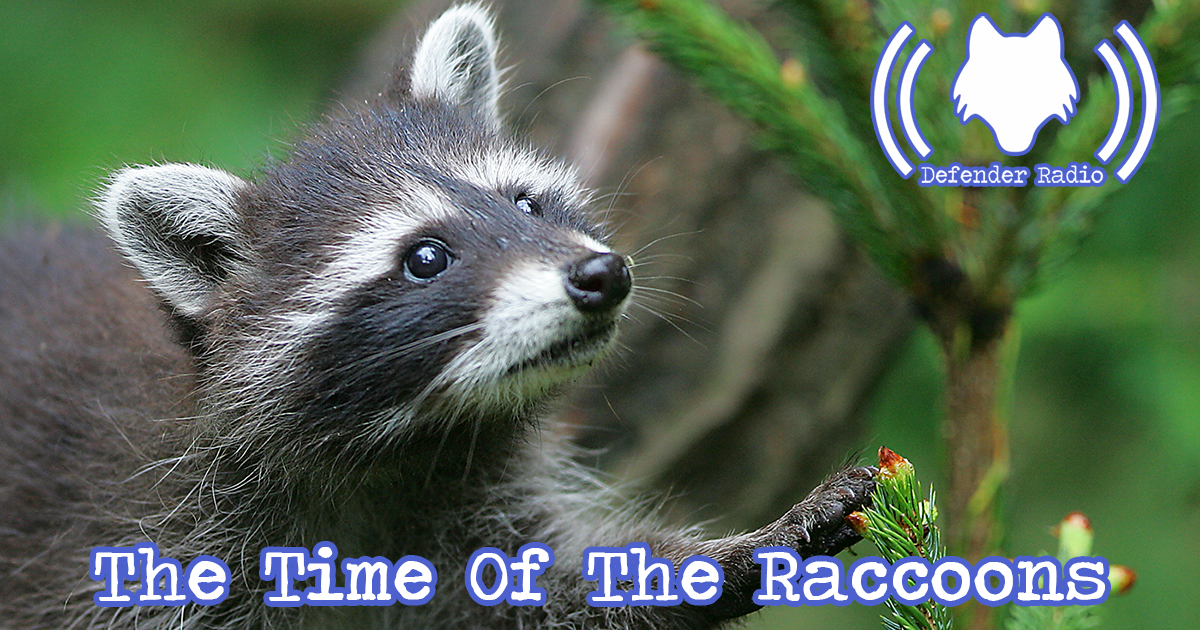
Cara Contardi of Urban Wildlife Care talks raccoon biology and behaviour, misleading and inaccurate headlines about rabies, and why it’s important that we understand when, and when not, to help injured or orphaned animals.
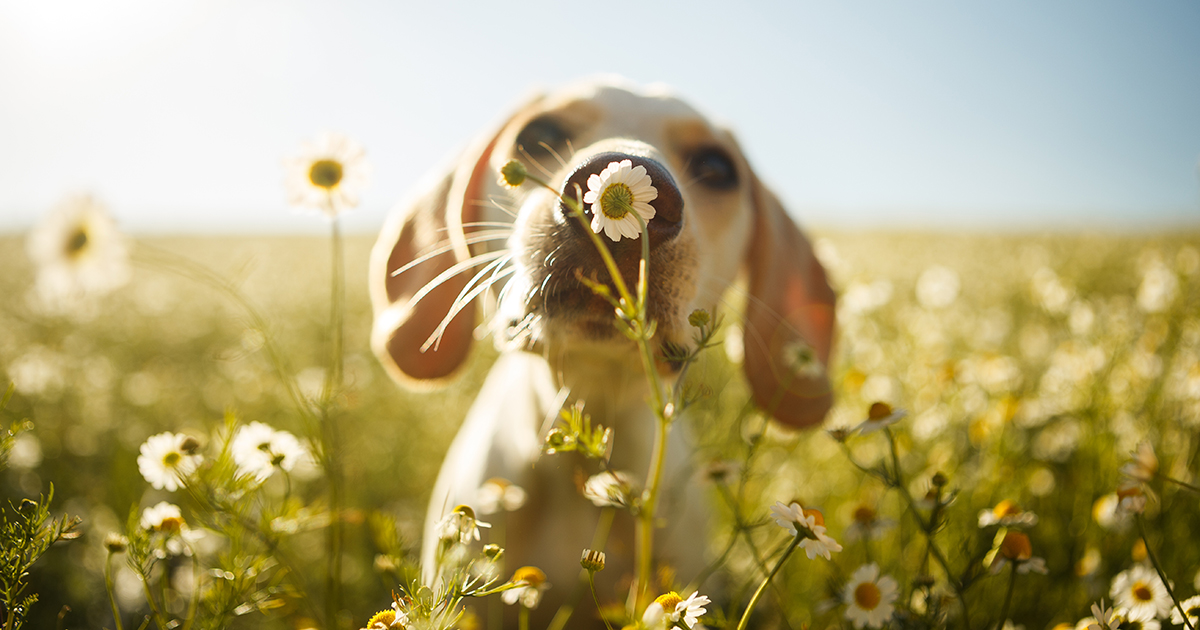
Simple tips that can keep your dogs, and local wildlife, safe and happy as the season rolls over.
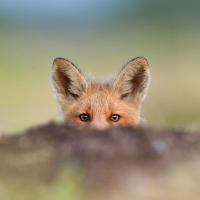
A brief look at highlights from the budget and how it could impact wildlife in British Columbia.
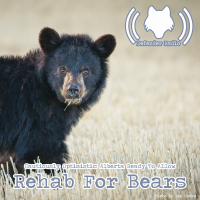
Biologist and advocate Lisa Dahlseide joins Defender Radio to talk the science and ethics of wildlife rehabilitation, how Russell’s story progressed this policy, and why it isn’t time to quit speaking for the animals.
Formed in 1953, The Fur-Bearers (The Association for the Protection of Fur-Bearing Animals) is a registered Canadian charity that protects fur-bearing animals through conservation, advocacy, research, and education. Your donation is tax-deductible. Charitable registration number: 130006125RR0002